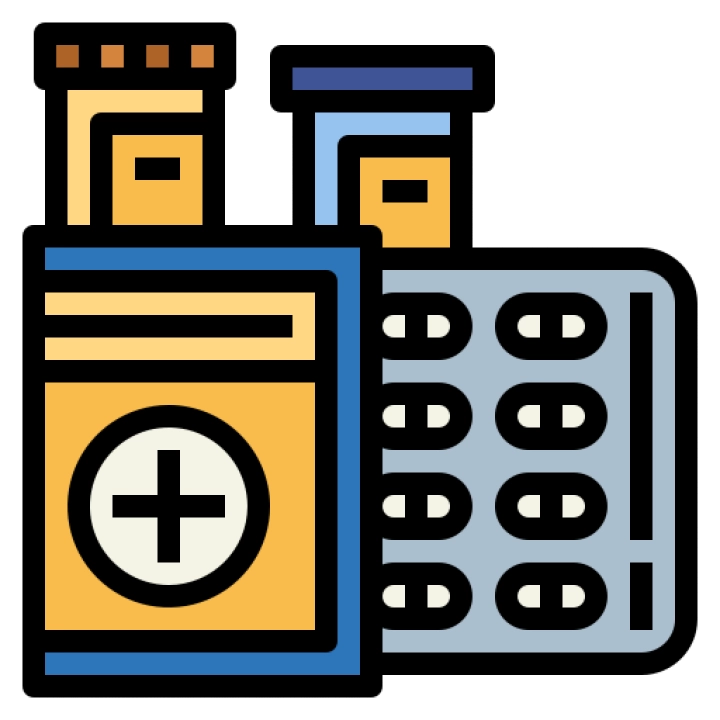College: Graduate School of Health Sciences
This program focuses on advanced pharmacy practice with an emphasis on direct patient care and therapeutic optimization. Students develop skills in pharmacotherapy, medication management, and interdisciplinary collaboration, preparing them for careers in healthcare.
Learning Objectives:
- Understand the fundamentals of clinical pharmacy, pharmacotherapy, and medication management.
- Develop skills in conducting medication reviews and optimizing therapy.
- Learn techniques for collaborating with healthcare providers to improve patient outcomes.
- Explore the principles of pharmacoepidemiology, pharmacoeconomics, and evidence-based medicine.
- Analyze and interpret clinical data and pharmacotherapy guidelines.
- Develop critical thinking, problem-solving, and communication skills for effective clinical practice.
Main Curriculum:
- Introduction to Clinical Pharmacy - Overview of key concepts and practices in clinical pharmacy.
- Pharmacotherapy - Principles of drug therapy, drug selection, dosing, and monitoring.
- Medication Management - Basics of medication management, reconciliation, adherence, and safety.
- Pharmacoepidemiology and Pharmacoeconomics - Principles in drug utilization, pharmacovigilance, and cost-effectiveness analyses.
- Evidence-Based Medicine - Basics of evidence-based medicine, clinical research, and systematic reviews.
- Interprofessional Collaboration - Principles of team-based care and communication in healthcare.
- Clinical Research Methods - Principles of clinical research methods, study design, and data analysis.
- Practical Training in Clinical Pharmacy - Hands-on experiences through internships and projects in healthcare settings.
- Capstone Project in Clinical Pharmacy - Comprehensive project applying skills in pharmacotherapy, medication management, or clinical research.
Methods of Evaluation:
- Pharmacotherapy plans, medication management reports, pharmacoepidemiologic analyses, pharmacoeconomic evaluations, evidence-based medication reviews, case studies of interprofessional collaboration, clinical research projects, internship reports, capstone projects, group projects, and internship evaluations.
Recommended Textbooks:
- "Pharmacotherapy: A Pathophysiologic Approach" by Joseph T. DiPiro et al.
- "Applied Therapeutics: The Clinical Use of Drugs" by Koda-Kimble and Young.
- "Pharmacoepidemiology" by Brian L. Strom.
- "Pharmacoeconomics: From Theory to Practice" by Michael A. Drummond et al.
- "Evidence-Based Medicine: How to Practice and Teach EBM" by David L. Sackett et al.
- "Interprofessional Collaboration in Healthcare" by various authors.
- "Clinical Research Methods in Pharmacy" by various authors.
Prerequisites:
Basic knowledge of pharmacy, pharmacology, and healthcare systems. Suitable for students interested in clinical pharmacy and medication management.
Duration:
Typically 4 years for a bachelor's degree, including coursework, projects, practical training, and internships. Additional specialized training, such as a Doctor of Pharmacy program, may be required for advanced practice.
Certification:
Graduates may earn a degree in clinical pharmacy and pursue further education or professional certifications, such as a Doctor of Pharmacy (PharmD) or Board Certification in Pharmacotherapy (BCPS).
Target Audience:
Aspiring clinical pharmacists, pharmacotherapy specialists, medication management specialists, and individuals seeking careers in hospitals, clinics, and other healthcare institutions. This program provides students with the skills necessary to excel in clinical pharmacy and support roles in healthcare institutions.

